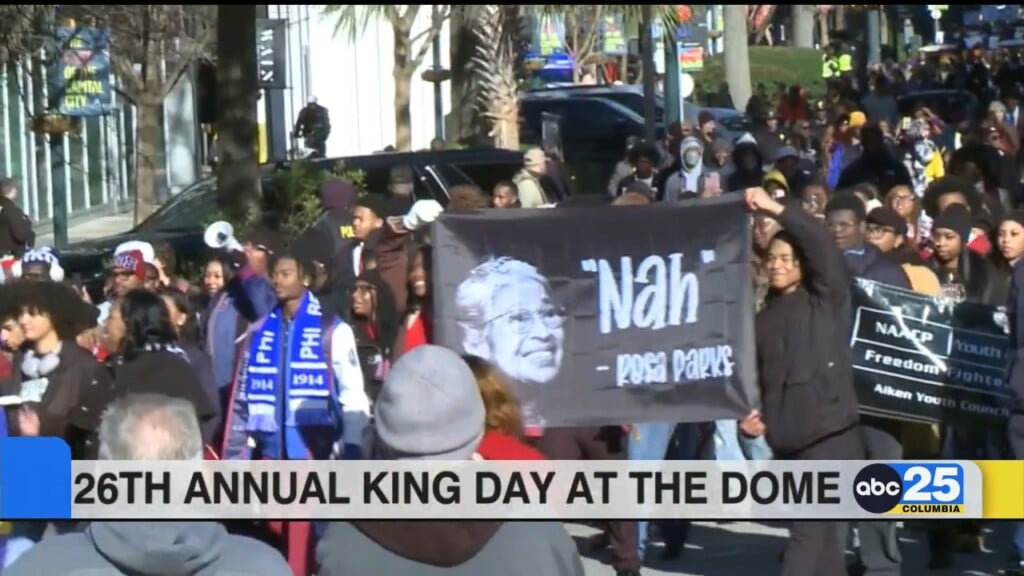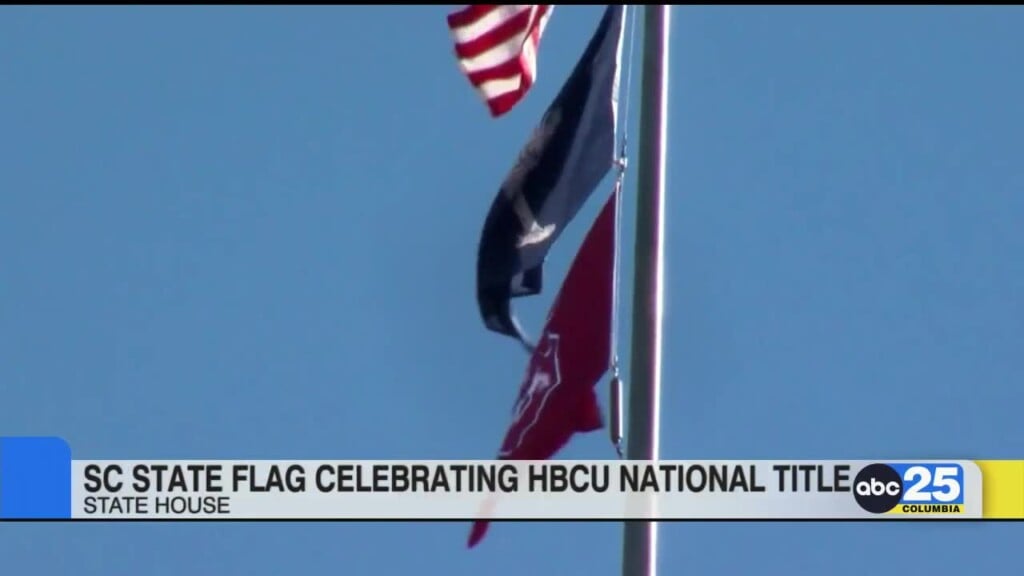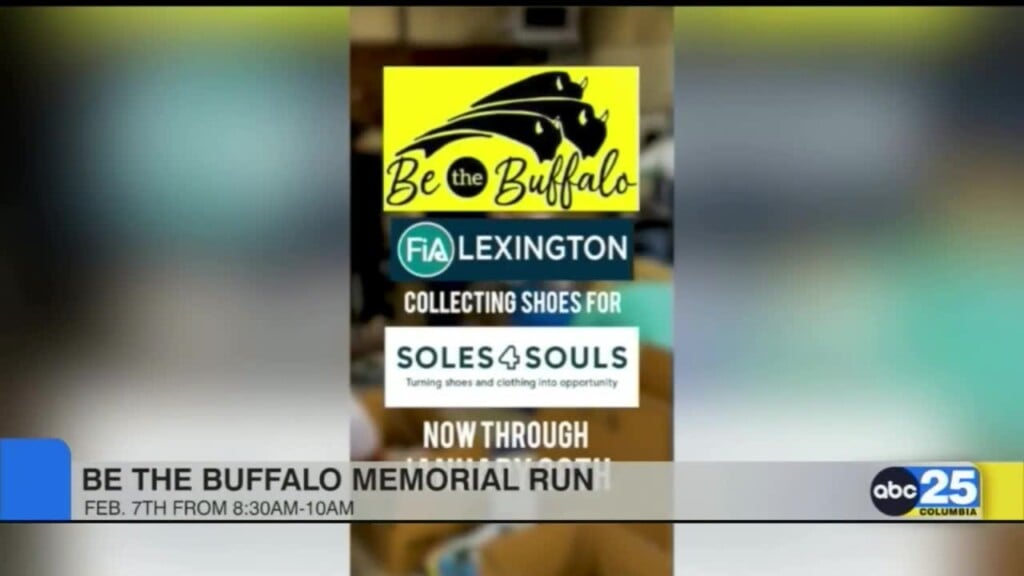Upon return to Columbia, both House, Senate agree on a continuing resolution
The resolution would use last year's budget to fund the state government beyond July 1
COLUMBIA, S.C. (WOLO) —For the first time in a month, lawmakers came back to Columbia to discuss several issues, including how the state government would be funded at the start of the fiscal year.
Both the House and Senate agreed on a continuing resolution that would keep the state operating on last year’s budget starting July 1.
The two legislative bodies last converged at the State House on April 8, when the Senate passed an amended version of a continuing resolution approved by the House.
Several lawmakers were in chambers wearing facemarks, and some even wore face shields in order to protect against the ongoing coronavirus pandemic.
“We’re all coming here to do the people’s work, and in some sense, putting our own fears and safety aside,” said Rep. Seth Rose (D-Richland County).
Even with some debate, both the House and Senate agreed to move a continuing resolution, which keep the state funded beyond the start of the fiscal year, to the Governor’s desk.
“If we don’t, the state can’t continue to run, we can’t continue to accelerate SC if we don’t get that done,” said Rep. Chip Huggins (R-Lexington County).
While some lawmakers say they won’t be back in Columbia until September, some, like South Carolina Chamber of Commerce President and “accelerate SC” member Ted Pitts, say if they want to speed up the state’s economic recovery, more work needs to be done.
The South Carolina Chamber of Commerce unveiled a recovery plan for local businesses, focusing on areas like workplace safety, economic relief and recovery, workforce and education, and liability protections.
Pitts says lawmakers need to discuss and vote on including safe-harbor provisions that would prevent businesses from being liable to potential litigation related to the virus.
“You’re going to have to implement some of these proposals in order for companies and customers to feel safe and return to the ‘new normal’,” Pitts said. “So I think the most important thing is that the General Assembly is going to have to roll their sleeves up and go to work.”
Some lawmakers say they would welcome the chance to come back to Columbia if they were called in by Governor Henry McMaster (R-SC) or chamber leadership.
“I think it would be a good idea if we did come back this summer. It doesn’t bother me at all, knowing I’m here to do a job, I’m not here to do a job 200 days of the year, I’m here to do a job 365 days a year, so if they need me to come back, they need us to come back, I think we should,” said Rep. Chris Wooten (R-Lexington County).
The continuing resolution headed to the Governor’s desk includes funding for additional testing and contact tracing, as well as funds to sanitize polling locations for the upcoming June primary.
$25 million will be going towards testing and tracing, while $15 million is headed to the State Election Commission for the upcoming primary.
The House and Senate also unanimously passed a bill that would expand absentee voting to anyone who is currently under a state of emergency due to the coronavirus pandemic. This would encompass the primaries on June 9, as well as the run-offs June 23. The General Assembly would have to vote at a later date if that could encompass the general elections in November.
The House also adopted the sine die resolution, which would establish what both chambers would take up once they return to session. Under the current resolution, they could start meeting on September 15 and meet no later than September 24.
This would also allow both bodies to take up bills that have already passed in one chambers.
Also, the House unanimously approved a bill proposed by Rep. Gilda Cobb-Hunter (D-Orangeburg County) which would establish a statewide rape kit tracking system in South Carolina. The Senate approved the same bill back in March.


